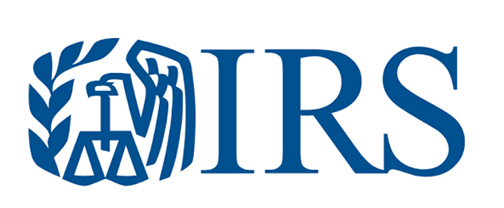
WASHINGTON, D.C. (TIP): The Internal Revenue Service (IRS) said it would increase enforcement in the area of digital asset transactions and listed transactions. The federal agency identified certain transactions to have high-risk issues in noncompliance and vowed to ramp up enforcement in those transactions.
“The IRS tracks many known, high-risk issues in noncompliance, such as digital asset transactions, listed transactions and certain international issues. These issues arise in multiple taxpayer segments, and data analysis shows a higher potential for noncompliance,” the tax agency wrote in its newly-released funding plan (pdf).
“We will prioritize resources to increase enforcement activities, including criminal investigation as appropriate,” the agency added.
According to the plan, the IRS will develop an information platform to support digital asset reporting and analytics tools to increase digital asset compliance in the fiscal year 2024, which is between April 1, 2023, and March 31, 2024.
Digital assets include convertible virtual currency, cryptocurrency, stablecoins, non-fungible tokens (NFTs), and other digital representations of value, according to the IRS website.
The IRS treats digital assets as property and requires taxpayers to report taxable gains or losses from digital asset transactions.As it’s difficult to identify the owners of digital assets, U.S. judges allow the IRS to use “John Doe summons” to seek the identities of taxpayers of interest.
Individuals Earning $400,000 or More Targeted
The IRS released details Thursday on how it plans to use an infusion of $80 billion for improved operations, pledging to invest in new technology, hire more customer service representatives, and expand its ability to audit high-wealth taxpayers.The plan lays out the specifics of how the IRS will allocate the $80 billion of funding—from fiscal year 2024 to 2031—that was approved through legislation.
Some improvements have been long expected, such as bringing more paper-based systems online and answering taxpayers’ phone calls promptly. Others are more ambitious: continuing to explore ways to create a government-operated electronic free-file tax return system, for example.
Janet Yellen
After Congress passed legislation for the funding last summer, Treasury Secretary Janet Yellen directed the IRS to develop a plan outlining how the tax agency would overhaul its technology, customer service, and hiring processes. Her memo sent instructions to IRS leadership not to increase audit rates on people making less than $400,000 a year annually. During a call with reporters, Treasury Deputy Secretary Wally Adeyemo said the plan “is heavily driven by the fact that we need to make technology investments that will improve productivity, which will mean that over time the number of employees and the mix of employees at the IRS will change.”
Officials are promising not “to raise audit rates on small businesses and households making under $400,000 per year, relative to historic levels.” The report says more than half of the new money—$45.6 billion—will be devoted to pursuing high-wealth individuals and companies.
“Given the size and complex nature of these tax filings, this work often requires specialized approaches, and we will make these resources available,” the report said. “We will use data and analytics to improve our understanding of the tax filings of high-wealth individuals.”




Be the first to comment